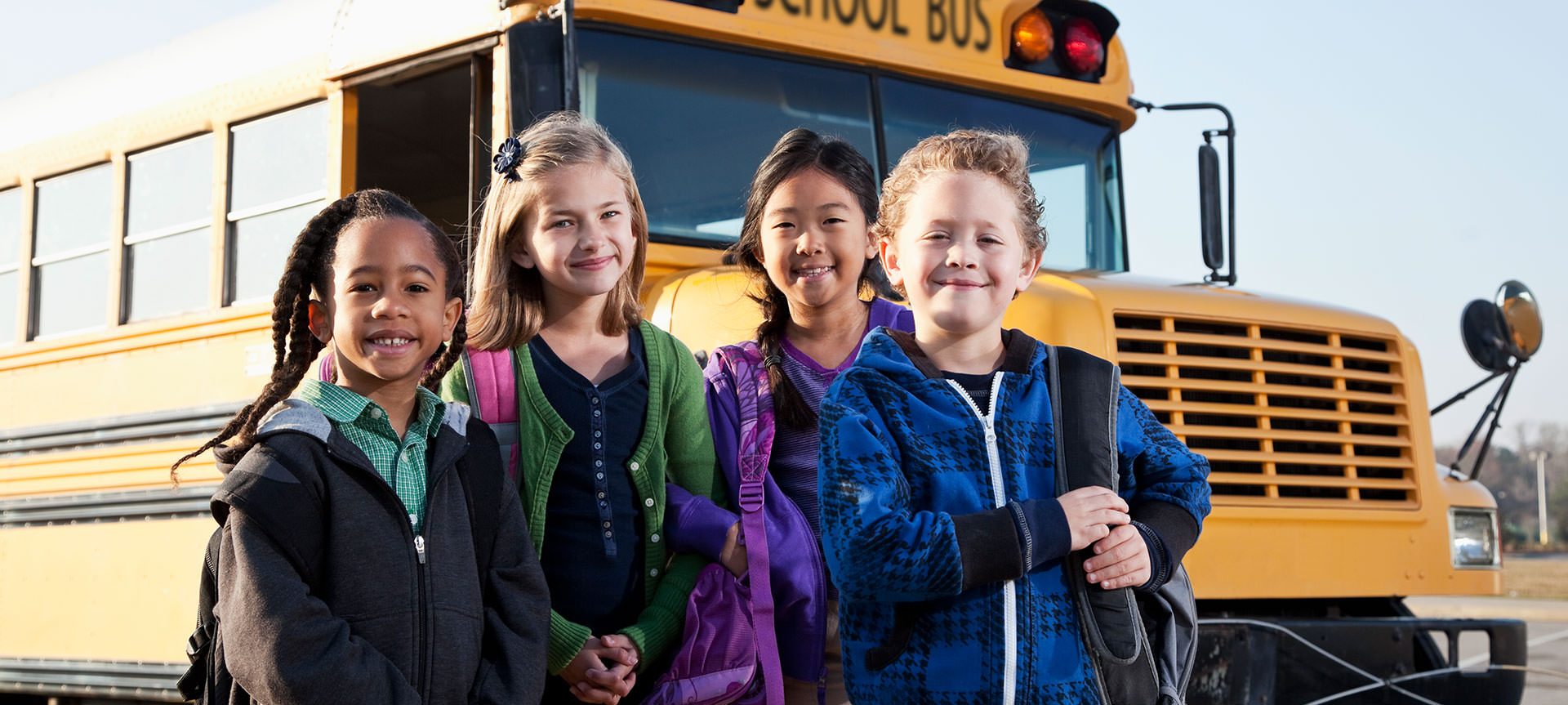Pre-K Through 12 Education
“The America we want for our kids…a rising America where honest work is plentiful and communities are strong; where prosperity is widely shared and opportunity for all lets us go as far as our dreams and toil will take us.”
~ President Barack Obama, January 28, 2014
Education is the common thread that runs through every endeavor undertaken by the William & Sheila Konar Foundation.
After escaping the war and the Holocaust, it was education that truly liberated a young Bill Konar. As a teen, he was admitted to a school run by a relief agency and began to learn English. This training was crucial to his ability to thrive in his new home in the United States, beginning with his attendance at Franklin High School.
Sheila Konar grew up in Rochester and Batavia, New York, and attended School 36 as a child. Later in life, she returned to School 36 as a reading tutor, and worked with Dr. Carol St. George and others from the Warner School of Education to found Project R.E.A.D.
Our Beliefs
The Konar Foundation believes that access to high-quality education is essential for every child, regardless of race, ethnicity, or family income.
In funding education-related initiatives, we aspire to:
- Close the achievement gap.
- Level the playing field for all students.
- Reduce the silos that inhibit public education.
Research has demonstrated the profound impact that early childhood education has on student outcomes including IQ scores, standardized achievement tests, grade retention, special education placement, and high-school graduation. Despite the multitude of evidence in this area, American schools continue to under-serve our communities in providing early childhood education.
As we work to build a better future, the Konar Foundation seeks to support charitable organizations which enhance educational opportunities for our youngest students, and continues in each grade level to promote individual success in work and life. We also work to increase access to college and job training programs.
Funding Priorities
- Early childhood education
- Literacy and numeracy
- STEAM (Science, Technology, Engineering, Art and Math)
- Innovative approaches to teaching and learning
- Focused professional learning and capacity building
- School climate, culture, and environment
- Student social-emotional support
- Family and community engagement
- Cultural opportunities (field studies, the arts)
- Filling opportunity gaps between articulated needs and available resources
Select Grantees
The Greater Rochester Summer Learning Association (GRSLA), also known as summerLEAP, strives to transform the lives of Rochester City School District children by improving access to high-quality, tuition-free summer learning programs. The EPK to 3rd Grade Initiative is designed to demonstrate that kindergarten readiness supports students excelling and exhibiting grade-level reading proficiency in 3rd grade. With just 7% of RCSD’s third graders reading at level, this initiative aims to change this statistic and raise reading levels in Rochester. It will help put a stop to the learning loss low-income children experience during the summer months, while simultaneously improving their math and reading skills, and to help them gain the literacy skills they need to build a strong foundation for high school, college, and beyond.
Rochester Childfirst Network is dedicated to advancing the quality of early education and care in Western New York through leadership, advocacy, and innovative direct services to children. Grant funding was provided for professional development to support the implementation of the evidence-based Teaching Pyramid System. The Pyramid model relies on the reinforcement of positive behavior in infants and young children rather than reacting to problematic behaviors. This investment in Practice-Based Coaching (PBC) “will build on a foundation of professional development and teacher/coach conversations.” PBC outcomes focus on Quality coaching, quality teaching, and quality learning to support school readiness.
Project READ is a partnership between the John James Audubon School 33 and the Warner School of Education which includes direct-targeted tutoring services, in-class support and modeling of best practices for teachers, literacy professional development for teachers, and family literacy activities. Warner faculty and graduate students, who are training to become reading specialists, offer a comprehensive literacy program for at-risk students in first grade. In addition to expanding literacy for students, the program prepares high-quality literacy specialists for urban settings.
